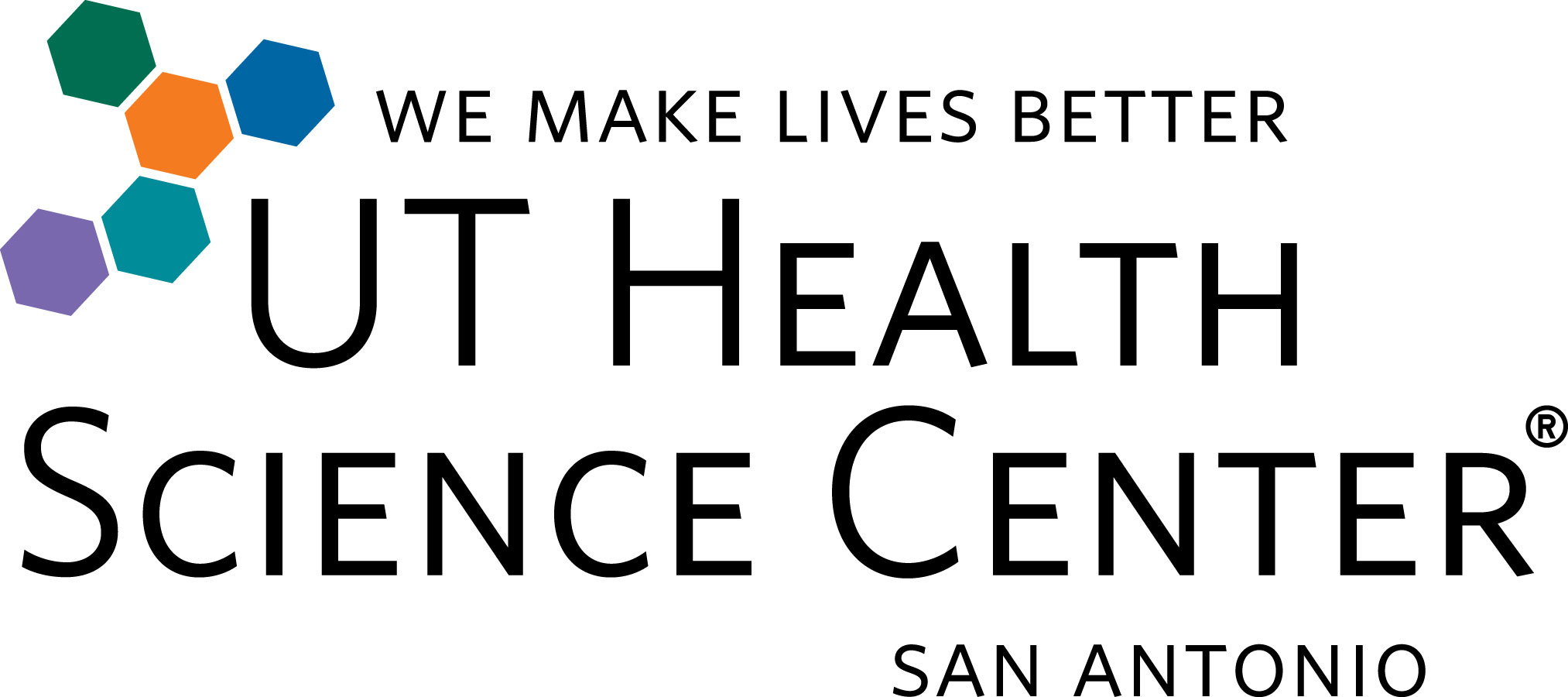Aging Mammary Stem Cells and Breast Cancer Prevention
| Status: | Recruiting |
|---|---|
| Conditions: | Breast Cancer, Cancer |
| Therapuetic Areas: | Oncology |
| Healthy: | No |
| Age Range: | 18 - 80 |
| Updated: | 10/12/2018 |
| Start Date: | July 2016 |
| End Date: | December 2021 |
| Contact: | Epp Goodwin |
| Email: | ctrcreferral@uthscsa.edu |
| Phone: | 210-450-1000 |
To examine whether rapamycin can reduce malignant markers and aberrant mammary
stem/progenitor cells (MaSCs) number in surgical specimens
stem/progenitor cells (MaSCs) number in surgical specimens
A non-randomized, open-label, phase II, window of opportunity trial will be carried out to
see if a 5-7 day rapamycin treatment can reduce malignant markers and aberrant MaSC number
see if a 5-7 day rapamycin treatment can reduce malignant markers and aberrant MaSC number
Inclusion Criteria:
- Women within 50-80 years of age
- Postmenopausal women defined as:
1. Prior bilateral oophorectomy
2. Age ≥60
3. Age < 60 and amenorrhea for 12 or more months (in the absence of chemotherapy,
tamoxifen, toremifen, or ovarian suppression) and FSH and estradiol in the
postmenopausal range for the local laboratory.
- Women diagnosed with DCIS or ADH lesions detected by pathology
- Women scheduled for mastectomy or lumpectomy after DCIS or ADH diagnosis
- Women of child-bearing potential willing to practice 2 forms of contraception, one of
which must be a barrier method until at least 30 days after the last dose of
rapamycin.
- Women of child-bearing potential must have a negative serum pregnancy test at time of
enrollment.
- Patients must be able to swallow and retain oral medication.
- All patients must have given signed, informed consent prior to registration on study.
- Patients must have normal organ and marrow function as defined below:
1. Leukocytes ≥ 3,000/uL
2. Absolute neutrophil count ≥ 1,500/uL
3. Platelets ≥ 100,000/uL
4. AST ≤ 2.5 X ULN
5. ALT ≤ 2.5 X ULN
6. Total bili ≤ 1.5 X ULN or Direct bili ≤ 1 X ULN
Exclusion Criteria:
- Women who are older than 80 years or younger than 50 years of age.
- Women who are pregnant.
- Women who are receiving any other concomitant treatment for their DCIS/ADH
- Women who are taking rapamycin for another diagnosis.
- Women with an allergy to rapamycin or its derivatives.
- Active infection requiring systemic therapy.
- Patients who are taking any pills containing herbal (alternative) medicines are NOT
eligible for participation. Patients must be off any such medications by the time of
registration.
- Immunocompromised subjects, including patients with human immunodeficiency virus
- Women currently taking strong CYP3A4 inducers or inhibitors. Drugs that cannot be
coadministered with rapamycin include but are not limited to: Calcium channel
blockers: nicardipine, Antifungal agents: clotrimazole, fluconazole, Antibiotics:
troleandomycin, Gastrointestinal prokinetic agents: cisapride, metoclopramide, Other
drugs: bromocriptine, cimetidine, danazol, HIV-protease inhibitors (e.g., ritonavir,
indinavir), Anticonvulsants: carbamazepine, phenobarbital, phenytoin, Antibiotics:
rifapentine. Appendix 4 has a complete list of these medications.
- Consent to the tissue CTRC biorepository (HSC20070684H)
- Patients with any of the following conditions or complications are NOT eligible for
participation:
1. GI tract disease resulting in an inability to take oral medication
2. Malabsorption syndrome
3. Require IV alimentation
4. History of prior surgical procedures affecting absorption
5. Uncontrolled inflammatory GI disease (e.g., Crohn's, ulcerative colitis)
We found this trial at
1
site
4502 Medical Drive
San Antonio, Texas 78284
San Antonio, Texas 78284
(210) 567-7000

Principal Investigator: LuShe Sun, PhD
Phone: 210-450-1366
University of Texas Health Science Center at San Antonio The University of Texas Health Science...
Click here to add this to my saved trials